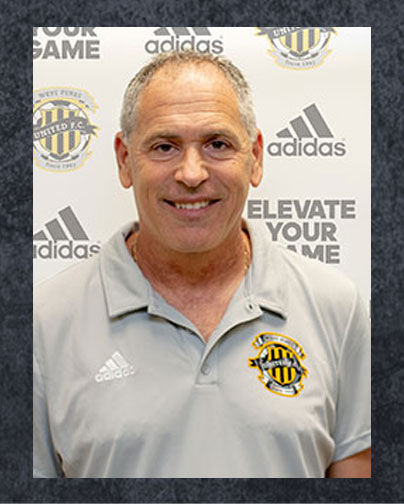
- Is caused by a bump or blow to the head
- Can change the way your brain normally works
- Can occur during practices or games in any sport
- Can happen even if you haven’t been knocked out
- Can be serious even if you’ve just been “dinged”
- Headache or“pressure” in head
- Nausea or vomiting
- Balance problems or dizziness
- Double or blurry vision
- Bothered by light
- Bothered by noise
- Feeling sluggish, hazy, foggy, or groggy
- Difficulty paying attention
- Memory problems
- Confusion
- Does not “feel right”
- Tell your coaches and your parents.Never ignore a bump or blow to the head even if you feel fine. Also, tell your coach if one of your teammates might have a concussion.
- Get a medical check up. A doctor or health care professional can tell you if you have a concussion and when you are OK to return to play.
-
Give yourself time to get better. If you have had a concussion, your brain needs time to heal. While your brain is still healing, you are much more likely to have a second concussion. Second or later concussions can cause damage to your brain. It is important to rest until you get approval from a doctor or health care professional to return to play.
HOW CAN I PREVENT A CONCUSSION?
- Every sport is different, but there are steps you can take to protect yourself.
- Follow your coach’s rules for safety and the rules of the sport.
- Practice good sportsmanship at all times.
- Use the proper sports equipment, including personal protective equipment (such as helmets, padding, shin guards, and eye and mouth guards). In order for equipment to protect you, it must be:
- The right equipment for the game, position,or activity
- Worn correctly and fit well
- Used every time you play



